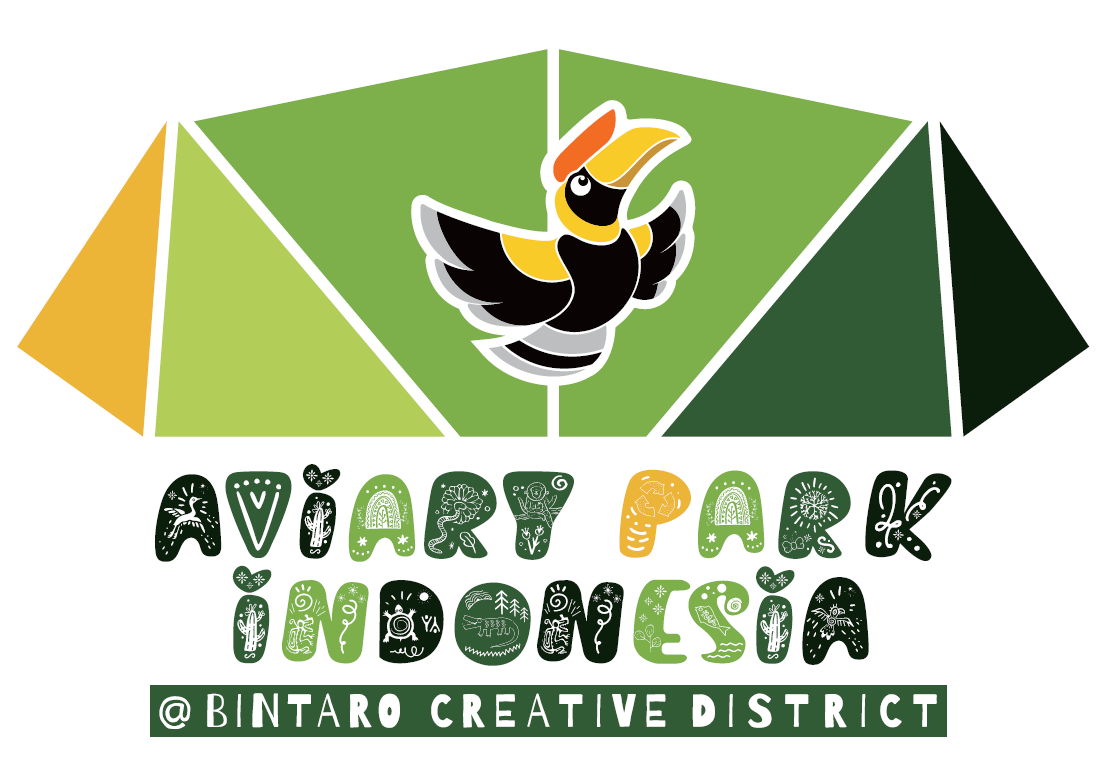Ants, or “semut” in Indonesian, are fascinating creatures that play a crucial role in the ecosystem of Indonesia. From the bustling cities to the dense rainforests, these tiny insects can be found almost everywhere in this diverse archipelago. In this article, we will delve into the world of semut, exploring their unique characteristics, behaviors, and significance in Indonesian culture.
Ants are known for their incredible teamwork and organization. They live in colonies structured by a hierarchy, with each member having a specific role to play. From the diligent workers who forage for food to the powerful queen who lays eggs, every ant has a vital part in maintaining the colony’s survival. This level of cooperation and coordination is truly remarkable and serves as a lesson in unity and collaboration for humans.
In Indonesia, ants are not just seen as pests but also as valuable creatures with various uses. For example, in traditional medicine, ant larvae are believed to have healing properties and are used to treat various ailments. Additionally, ants are a source of protein in some Indonesian communities, where they are fried or roasted and consumed as a nutritious snack.
One of the most common questions about ants in Indonesia is their behavior when it comes to food. Ants are known for their insatiable appetite and will go to great lengths to find and secure food sources. They communicate with each other using pheromones, leaving trails for their fellow ants to follow to the food. This efficient method of communication allows them to quickly locate and transport food back to the colony.
Another frequently asked question is about the different species of ants found in Indonesia. There are over 1,300 species of ants in the country, each with its own unique characteristics and behaviors. Some ants are known for their aggressive nature, while others are more docile and prefer to avoid conflict. Understanding the diversity of ants in Indonesia can provide valuable insights into the complex ecosystem of the country.
Many travelers to Indonesia are curious about how to deal with ants in their accommodations. Ants are attracted to food and water, so keeping a clean and tidy living space is essential to prevent infestations. Sealing food containers, wiping down surfaces, and fixing any leaks or drips can help deter ants from invading your space. Additionally, using natural repellents such as cinnamon, peppermint, or vinegar can help keep ants at bay without harming the environment.
In conclusion, ants play a significant role in the ecosystem of Indonesia and are a fascinating subject to explore. Their teamwork, organization, and adaptability make them one of the most successful insect species on the planet. By understanding and appreciating the importance of ants in Indonesian culture, we can gain a deeper appreciation for the natural world around us. So next time you encounter a colony of ants in Indonesia, take a moment to observe and appreciate the intricate society they have built.
